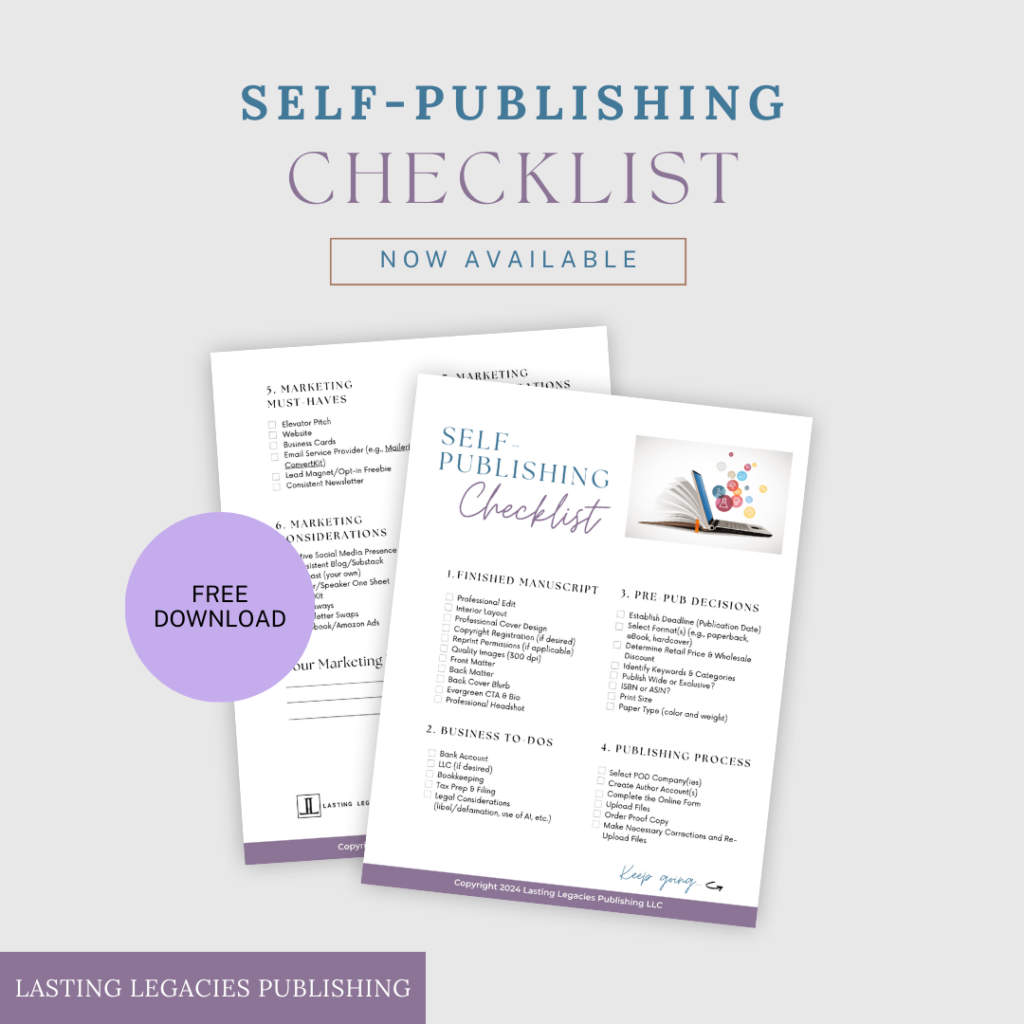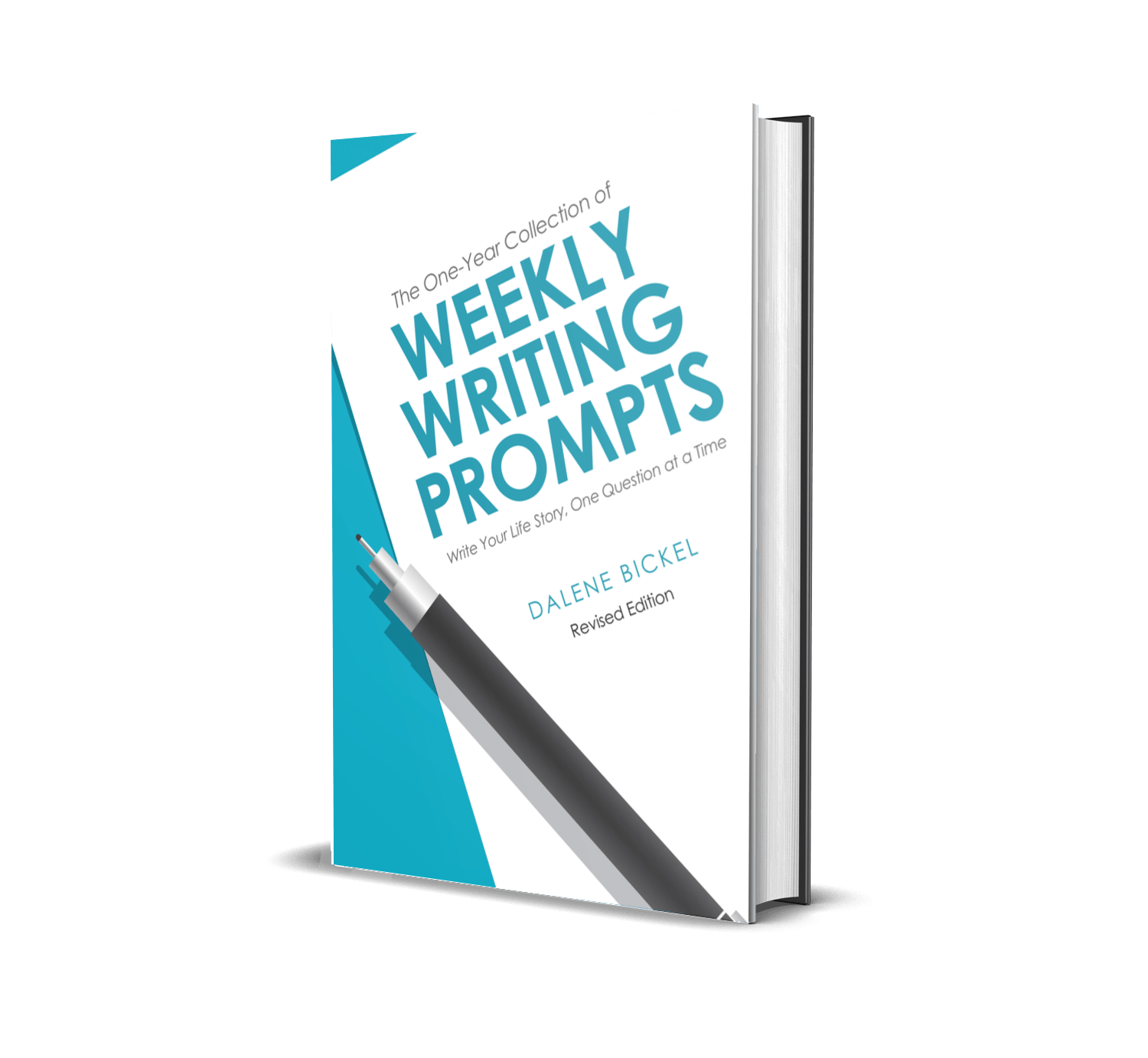Beyond the Love Story: Romance Writing Tips for Christian Authors with Sara Turnquist
Romance is today’s most popular genre of fiction. One of the latest statistics is from 2017, which said that:
- romance books comprise 23 percent of the U. S. general fiction market (overall, not just Christian fiction),
- 82 percent of romance readers are women; 18 percent are men, and
- the average age range of romance readers is 35-39.
So knowing there is a definite growing market, you might want to try writing a Christian romance novel. And to help you write the best book possible, I spoke with Selah Award finalist, Sarah Turnquist.
Sarah is a coffee loving, word slinging, clean historical romance. Author, whose superpower is converting caffeine into novels. My kind of lady. She loves odd tidbits of history that are stranger than fiction, which is what inspires her — that and a good love story. She lives happily with her own Prince Charming and three children.
She has authored 23 books and has been both traditionally and indie published. She is also this year’s co coordinator of the Kentucky Christian Writers Conference, which is themed “Courageous” to be held October 17- 19, 2024 in Elizabethtown, Kentucky.
Keep reading because Sarah shares some really practical and helpful advice on writing historical, clean romance novels.
Finding Time to Write
[Dalene] Twenty-three novels. That is impressive. How do you carve out the time to write with three kids?
[Sara] I started writing maybe 10 years ago when my kids were little bitty and at home all the time. So I would write during nap times, after they went to bed at night – it was really very sparse. My kids are now all in school so I keep a more 9-5 schedule.
But I spend time with marketing and promotion, I am an editor as well, and then writing. So I still don’t get in as much writing time as I would like. But. I try to pick the highest energy times of my day so that my words are more plentiful, and are also better words.
Discovering Your Niche
[Dalene] So what led you to write and specialize in historical romance novels?
[Sara] This is really interesting. I wasn’t really drawn to history in school; I was a science fiction reader in my younger years. Love Kathy Tyres. She kind of opened up the science fiction Christian market and loved her Firebird series. That’s when I kind of eeked over to romance because there is romance in that science fiction series.
And when I started to write, it just came out historical. The first novel that I wrote is set in ancient Egypt during the Ptolemaic period when the Greeks were ruling Egypt and there was a great influence of culture. It was just fascinating to me.
So I challenged myself to write a little story set during that time and it exploded. I fell in love with it, with the history, and with the research.
It is actually one of my only books that is a standalone. All of my books started as standalones. Then I had readers who were interested in learning about the other characters in the novel, and I became more interested in learning about what happened to these other characters, so just more and more and more, the books became series.
What Is a Romance Novel?
[Dalene] Before we get into the tips, let’s back up a minute and define what a romance novel is.
[Sara] When I think about definitions, I usually go back to Merriam-Webster and it defines romance as
- a love story or
- a genre of fiction dealing with love in an idealized way or
- a work of fiction dealing with events remote from real life, especially one of a kind popular in the 16th and 17th centuries.
So even in Webster’s definition, he’s referring to historical romance.
Incorporating a Christian Perspective in Romance Writing
[Dalene] Interesting. As a Christian writer, how do you weave that in as well?
[Sara] I think that a lot of it comes from the fact that I see the world through a Christian lens. And so, when my characters deal with things, it’s just very natural for me to put myself in their position.
I think about times when God intervened in my life or when I had nothing to lean on but God and what that looked like and how I walked that out.
Of course, all my characters come from diverse backgrounds — none of them are the same as my background – but part of being a writer is being able to imagine the life that’s different than yours, feeling the emotions that are different than yours, and walking through those hard places.
We’ve all walked through hard places and seeing how God meets us where we are and how God grows us in those places.
So, to answer your question, I think it comes from having that worldview and just naturally pouring out of my own heart.
[Dalene] That’s so good. It’s easy for me to think about what the reader might be expecting and to not want to put myself in there or to necessarily share my personal experiences.
But if I understand you correctly, it’s by sharing some personal experiences that make the characters more relatable. Is that accurate?
[Sara] Absolutely. I think it was Hemingway that said “there’s nothing more to writing than sitting at the typewriter and bleeding.” I definitely feel that in moments.
In my history, I struggled with postpartum depression and I struggle with a mood disorder, which actually 80 percent of the creative population struggle with some form of anxiety or depression disorder.
But when I write a character that’s walking through that in some way, I put what God has taught me into what the character’s learning. I’m hoping and praying that someone out there who is struggling in that place will read it and find a little bit of hope and definitely some truth.
When you think about romance in general, it’s an echo of our relationship with God.
Is Romance Genre Fiction or Literary Fiction?
[Sara] Taking all of the emotion out of it, romance is a part of genre fiction as opposed to literary fiction. It’s more focused on the plot and the characters whereas literary fiction tends to be more focused on the situation and the lyricalness of the prose.
So knowing that romance is a genre and the largest and best selling genre in all of genre fiction, also with the most diverse category in number of sub genres, it’s important to follow conventions.
I know some writers balk at this idea of genre conventions, but romance is strict.
It’s important as a writer to know what the genre conventions are so you can give your readers what they want without sacrificing the story. Also, when you know what the readers are looking for in this genre, you can enhance your marketing in that way.
2 Conventions You Must Utilize in Your Romance Book
[Sara] There are only two conventions to define your book as a romance book:
- The love story has to be central to the story. So, for example, it’s a love story that has some suspense in it. If the suspense is the central part of your story, then what you’ve written is a suspense with a romance. It has to have a central love story where the main plot centers around these individuals falling in love, overcoming a struggle to make their relationship work.
- A romance novel has to have an emotionally satisfying and optimistic ending. The happily ever after. Romance readers want to know that they’ve been through this journey with these two characters and that it’s been worthwhile.
Write Good Dialogue
[Sara] When we write fiction, we want it to be the way that someone would say it, but without all the “ands,” “ahs,” “ums,” and all the other stuttering that people tend to do all over themselves. You want to write stylized dialogue that removes the excess words.
[Dalene] Yes, because we’ve all heard write as you speak, but we can take it too far. Great point.
Choose Your Subgenre
[Sara] It’s super important to choose your subgenre. Know where your book would go on the Amazon or bookstore shelf.
I like to say that you will always go in the direction that you’re pointed. So, for example, my subgenre is historical romance, which goes in a very different direction from a romantic fantasy.
The top three subgenres in the romance market are:
- Romantic suspense (about 55 percent),
- Contemporary (41 percent), and
- Historical (34 percent).
Set the Scene
[Sara] The setting is very important for the romance reader. Create an atmosphere. They, want to be able to feel it and see it and smell it. Be specific about the location, even if the place doesn’t actually exist. Help the reader place the characters there.
[Dalene] Do we set the scene at the outset, in the first page, the first chapter? Do we intersperse it throughout? What are your recommendations for that?
[Sara] I recommend that you at least give your reader a general idea of where they’re located, either by the way that the characters are talking or the way they’re dressed. Set a general tone and mood at the beginning of the scene or the beginning of the story, and then sprinkle other details throughout.
We don’t want to info dump on the reader. For example, if I think you need to know what a box looks like, I don’t want to write a whole paragraph about the box design. It’s so much nicer for the reader if I were to weave that in, such as, “She felt the edges of the filigree design with her finger as she ran it over the box.” Just little details like that.
At the bare minimum, though, I want my reader to know where in time they are and where they’re at. Then I want to feed them more sensory details and set the stage that way because that’s how a character experiences their world.
Make your characters compelling
[Sara] Romance relies on a sympathetic heroine and a strong hero. I don’t mean physically strong necessarily. I mean an inner strength, but more importantly, a strength that the heroine can lean on and can learn from and can grow against and with. Reader engagement in the romance genre really hinges on that chemistry between those protagonists that you’ve created.
You want to develop informed backstories even if you don’t show the whole back story on the page (which I recommend that you don’t). That makes the characters more real for you, the writer, so that you can make it more real for the readers.
How to incorporate a Christian perspective
[Dalene] When you’re talking about compelling characters, and especially a strong protagonist, I’m assuming that would be a natural place to also interweave the faith aspect. Because I think a lot of us writers struggle with coming across as sounding preachy or it sounding forced. Do you have any tips for that?
[Sara] I would say that when you develop your characters, certainly your hero and heroine, you need to know what their flaw is, what lie they are telling themselves, what burden they’re carrying based on that lie, and that will allude to where they are spiritually.
If they’re struggling with the lie that God doesn’t really exist, well, you’re talking about their faith there. Focus on their arc of coming from this lie to the truth through action, dialogue, and some narrative.
To share faith authentically, don’t just put someone in the scene that only spouts out sermons; it doesn’t feel very real to a reader. You can deliver truth in prayer, but with prayers and sermons, I would keep them very short or even just allude to them. For example, “He sat listening to the sermon from the book of Philippians” or something like that. I wouldn’t dictate a prayer or a sermon.
3 things to avoid when writing romance
[Sara] Some common mistakes I believe that romance writers struggle with include the following:
- Not knowing the genre or the subgenre very well. I would always, always, always 100 percent recommend write the story first. Then, once you have defined for yourself the subgenre and the genre and you research a little bit about what those readers are expecting, then you can shape and mold the story to include some of those conventions.
- Writing stereotyped characters. Readers can spot these characters. For example, when you have “the other woman” (and we all know what she looks like in a romance novel), give her something unique. Maybe she’s clumsy. Maybe she talks with a weird accent or maybe she wears a lot of jewelry. Just give her something unique and special so that you’re not stereotyping characters.
- Perfect characters. I think it’s very hard for us sometimes to give our characters flaws, but nobody wants to read about two perfect people finding each other and then living happily ever after. Not only is that a short story, it’s not a very interesting. Fiction thrives on conflict. Conflict challenges the character by pushing them toward change and toward the happily ever after.
[Dalene] It would be tempting, I think, to make perfect characters, but when we look at the Bible, all we see are flawed people. It’s because of Jesus that we have redemption and we have that eternal hope and enabling us to move toward the final happy ending that we don’t have yet. So that’s really good to portray that in our books, too.
[Sara] And I think it’s a struggle in Christian romance to create flawed men. One of the reviewers of my book, A Convenient Risk, said, “I have never read a flawed male character in a Christian romance before.”
And I thought, Wow, that’s really interesting. I’m glad that they noticed that my male protagonist had a lot of trouble overcoming his flaws in the story. But I have read a lot of Christian romance where the hero is a static character and the heroine changes based on how she’s interacting with this hero’s perceived perfection, if you will, and growing to become a better partner for this hero. But they both need to be flawed characters on their way to redemption because that’s real life.
God is at work
[Dalene] I’m curious, how have you seen God work through your writing over the years?
[Sara] He has shown me how faithful and intentional He is. Just in the fact that I’m writing at all — with my background in science, I was headed toward something in the medical field. But He has equipped me for this task that He’s given me.
He continues to show up in the doubts in the struggles that I have, like am I a worthwhile writer? You know, that imposter syndrome we all struggle with. It’s very real. God continues to whisper in my heart that there is a reason, there is a purpose, even if I don’t ever hear someone say, “That book meant a lot to me.” But He has blessed me with wonderful feedback from critique partners and from reader reviews.
One reviewer said, “After my divorce, I really struggled with romance novels in general. And I picked up this one and it really gave me some hope in romance.” Just one review like that is priceless and indication to me that God is using this journey.
The Kentucky Christian Writers Conference
[Sara] Our keynote speaker is John Riddle from ilovetowriteday.com. I am just so thrilled with what God has given him to bring to this in-person conference; there isn’t a virtual option. We really feel that God is nudging us to keep it an in-person conference.
The Kentucky Christian Writers Conference is more of a mid-sized conference, so it’s not an intimidating place for writers who are new to conferences. It’s a wonderful Christian writers conference in the sense that there’s a prayer room you can use and there will be someone praying over the conference. Christ is infused in everything that we’re doing.
One of the things that we’re bringing this year is more information and teaching on indie publishing. Greg Bridgeman is the Coordinator for the conference and his wife, the very talented Hallie Bridgeman, will bring a workshop about indie publishing. She and Greg both have extensive experience in indie publishing, so they are absolutely the right people to be sharing that.
There will be one-on-one appointments for people to meet with experts in the field.
We offer spouses a discounted ticket that covers the cost of meals so they can join their writers at the meals and in the prayer room. We also offer teens a discounted ticket because we want to pour into that next generation.
Be sure to subscribe to the newsletter to get the most up-to-date information on the conference.
A word of encouragement …
[Sara] God calls and equips for what He has planned. The Bible tells us that He will work out His plans to His will. So if He is nudging you to write, if He is calling you to write, no matter how many doubts you have, put your pen to paper or put your keystroke to word document, and just let Him speak through your heart. It is a partnership with Him. And as long as you keep that forefront in your mind, you will be working out His will through your words.
[Dalene] Amen. I echo that wholeheartedly.
Join The Inkwell!
The Inkwell, hosted by Dalene Bickel, is your opportunity to develop a consistent writing routine, write in community, and fuel your faith.
Grab your pen and paper or open your favorite writing application and let’s write together LIVE via Zoom every week PLUS get free access to the monthly Craft Chat workshops!








0 Comments